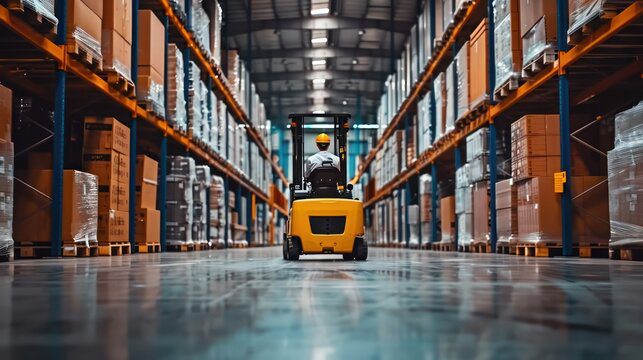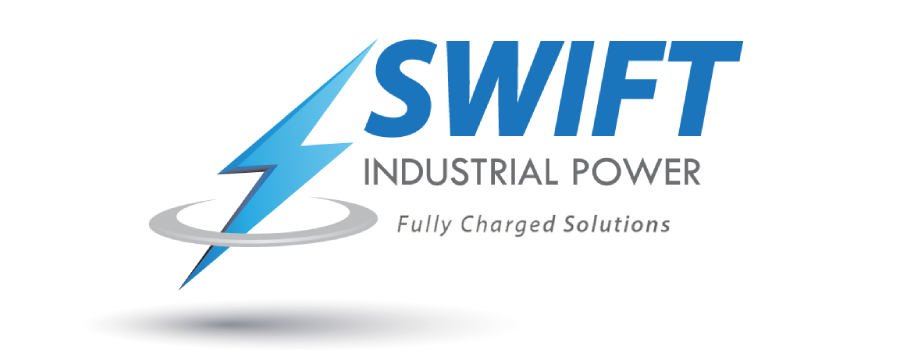Choosing the Right Forklift Battery for Your Business
In the logistics and warehousing industries, the efficiency of your operations hinges on various factors, with the reliability of your forklift fleet being a paramount one. One critical component that directly impacts the performance of your forklifts is the battery. Choosing the right forklift battery for your business can significantly influence productivity, operational costs, and overall safety. In this comprehensive guide, we’ll delve into everything you need to know about forklift batteries to help you make an informed decision.
Understanding Forklift Batteries
Forklift batteries are more than just power sources; they are integral to the efficient functioning of your equipment. There are three main types of forklift batteries to consider: lead-acid batteries, lithium-ion batteries, and absorbed glass mat (AGM) batteries. Each type has its advantages and disadvantages, making it essential to understand their characteristics to choose the right one for your business needs.
1. Lead-Acid Batteries
Lead-acid batteries are the most traditional type and have been used in forklifts for decades. They are known for their robustness and reliability.
Pros:
- Cost-Effective: Generally, lead-acid batteries are more affordable upfront compared to other types.
- Proven Technology: With a long history of use, their performance is well-understood.
- Recyclability: They are highly recyclable, making them an environmentally friendly option.
Cons:
- Maintenance: Lead-acid batteries require planned maintenance, including watering.
- Charging Time: They take longer to charge, typically around 8 hours, and need a cooling period afterward.
2. Lithium-Ion Batteries
Lithium-ion batteries are the newer technology in the forklift industry, offering several modern advantages.
Pros:
- Low Maintenance: They require minimal planned maintenance compared to lead-acid batteries. Although not totally “maintenance free”.
- Fast Charging: Lithium-ion batteries can charge in as little as 1-2 hours without needing a cooling period.
- Lifespan: These batteries are touted as having a longer lifespan, reducing the need for frequent replacements.
Cons:
- Cost: The initial investment is higher, which can be a barrier for some businesses.
- Temperature Sensitivity: They can be less effective in extremely high or low temperatures.
3. Absorbed Glass Mat (AGM) Batteries
AGM batteries are a type of lead-acid battery that uses a fiberglass mat to absorb the electrolyte solution, offering a maintenance-free option.
Pros:
- Maintenance-Free: No need for watering, which simplifies upkeep.
- Charging Efficiency: They charge faster than traditional lead-acid batteries.
Cons:
- Cost: More expensive than regular lead-acid batteries but cheaper than lithium-ion batteries.
- Lifespan: Typically shorter lifespan compared to traditional lead acid and lithium-ion batteries.
Factors to Consider When Choosing a Forklift Battery
1. Operational Requirements
Evaluate the daily operational demands of your forklifts. Consider factors such as the length of shifts, number of shifts per day, and the frequency of use.
2. Budget
While lithium-ion batteries offer several benefits, their higher upfront cost might not fit every budget. Lead-acid batteries, despite their maintenance needs, can be a cost-effective solution for businesses with lower capital expenditure.
3. Maintenance Capabilities
Consider your capacity to perform regular maintenance. If your business lacks the resources for regular battery maintenance, opting for lithium-ion or AGM batteries could be beneficial.
4. Temperature Conditions
Analyze the operating environment. For extreme temperatures, special considerations are necessary as battery performance can be affected. Lithium-ion batteries are less suited for extreme cold or heat without proper climate control.
Conclusion
Choosing the right forklift battery is a decision that can impact your operational efficiency, costs, and sustainability. By understanding the different types of forklift batteries—lead-acid, lithium-ion, and AGM—and considering your specific operational needs, budget, and maintenance capabilities, you can select the best battery to power your business forward. Whether you opt for the proven reliability of lead-acid, the modern efficiency of lithium-ion, or the maintenance-free convenience of AGM, the right choice will ensure your forklifts are always ready to drive productivity.

